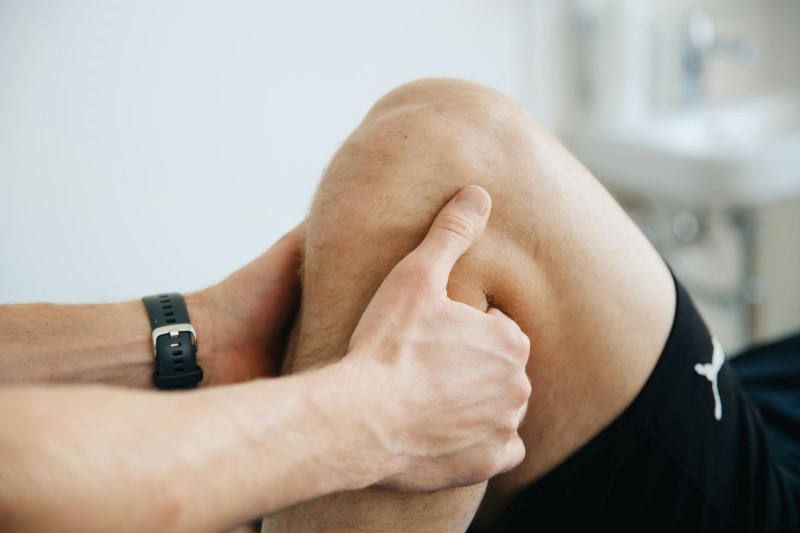Sports are an integral part of British culture, offering numerous physical and mental health benefits. However, with athletic participation comes the inherent risk of injury. When such injuries result from negligence, affected individuals may be entitled to compensation.
The Importance of Club Responsibility in Preventing Sports Injuries
Sports clubs and organisations bear a significant duty of care to their athletes. This encompasses implementing rigorous safety protocols, providing appropriate training, and ensuring that facilities and equipment meet established safety standards. Failure to uphold these responsibilities can lead to severe injuries and subsequent legal claims.
A notable example is the case of Michael Watson, a professional boxer who sustained a life-altering brain injury during a match in 1991. Watson sued the British Boxing Board of Control for negligence, alleging inadequate medical provisions during the fight. The court ruled in his favour, establishing that the BBBoC owed a duty of care to ensure proper medical treatment was available during matches. This landmark decision led to Watson receiving significant compensation and prompted reforms in medical safety standards within the sport.
Assessing the Value of Sports Injury Claims
The compensation awarded in sports injury claims varies based on several factors, including the injury’s severity, the impact on the individual’s life, and any financial losses incurred. General damages address pain, suffering, and loss of amenity, while special damages cover quantifiable financial losses such as medical expenses and lost earnings.
For instance, in the case of Ben Collett, a former Manchester United reserve player, a negligent tackle resulted in a double leg fracture, ending his promising football career. Collett pursued legal action against the opposing player and Middlesbrough Football Club, claiming for loss of future earnings. The court awarded him over £4.3 million in damages, reflecting the substantial financial impact of his career-ending injury.
Similarly, compensation guidelines indicate that severe shoulder injuries causing significant disability can attract awards ranging from £16,380 to £40,970. These figures underscore the importance of accurate medical assessments and legal representation to ensure fair compensation.
Case Studies Highlighting Compensation Outcomes
- Michael Appleton: A professional footballer whose career was cut short due to a negligent surgical procedure on his knee. Appleton successfully sued the surgeon and was awarded £1.5 million in damages, accounting for his lost potential earnings in professional football
- Richard’s Misdiagnosis: An amateur footballer sustained a foot injury during a five-a-side game. A misdiagnosis in A&E led to delayed treatment, exacerbating the injury. Richard pursued a medical negligence claim and settled for £50,000, covering his pain, suffering, and financial losses due to time off work
The Imperative for Clubs to Uphold Safety Standards
These cases highlight the critical need for sports clubs to proactively manage and mitigate risks associated with athletic activities. Implementing comprehensive safety measures not only protects athletes but also shields organisations from potential legal actions. Key steps include:
- Regular Training: Ensuring all coaching staff are educated on the latest safety protocols and injury prevention techniques.
- Facility Maintenance: Conducting routine inspections and maintenance of all equipment and playing surfaces to identify and rectify potential hazards.
- Medical Preparedness: Having qualified medical personnel and appropriate equipment readily available during all training sessions and competitions.
- Insurance Coverage: Securing comprehensive insurance policies that cover potential injuries to players, including provisions for player-to-player incidents. This is crucial, as some standard policies may not automatically include such coverage.
By prioritising these measures, clubs not only fulfil their legal and ethical obligations but also foster a safer environment that promotes the well-being and longevity of their athletes’ careers.
In conclusion, while sports inherently carry risks, the onus is on clubs and governing bodies to minimise these through diligent safety practices. Failure to do so can result in significant injuries and substantial compensation claims, as evidenced by various legal precedents. Athletes entrust their health and careers to these organisations, making it imperative for clubs to uphold the highest standards of care and responsibility.
If you have suffered a sports injury and believe you may have a claim, Universa Law can provide expert legal advice and support to help you pursue the compensation you deserve.

